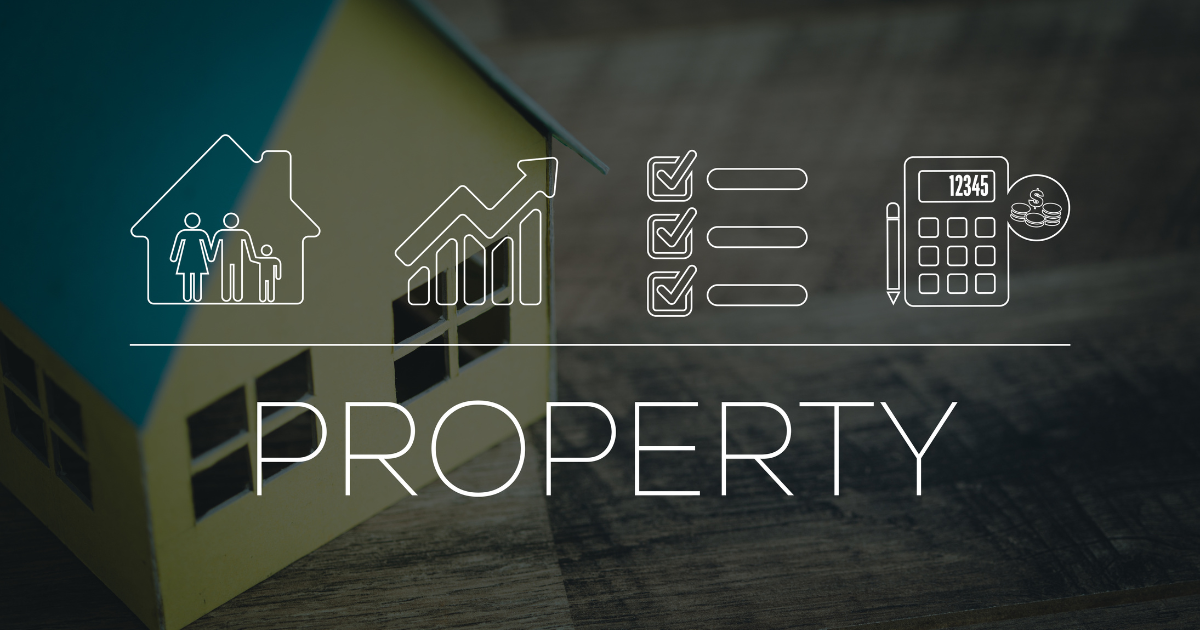Property Turnovers: Navigate Property Management Ins and Outs!
Property turnovers are a regular part of rental property management, but that doesn’t make them simple. At Navigate Property Management, we’ve...

Investing in real estate can be one of the most exciting—and rewarding—moves you make for your future. But let’s be real: it’s not without its challenges. Especially if you're just starting out, the learning curve can feel steep. At Navigate Property Management, we believe preparation is the key to success. Here’s a breakdown of the biggest hurdles you’ll face—and how to handle them like a pro.
It’s completely normal to feel nervous about buying your first property. The risks feel real, because they are. But there are ways to ease the anxiety and move forward with confidence.
Here’s how to manage the early jitters:
Educate yourself. Learn everything you can about the market, rental laws, and what to expect financially.
Start small. It's better to begin with a manageable property that helps you gain experience before scaling up.
Find a mentor. Seasoned investors or property managers can offer priceless advice—and steer you away from common mistakes.
Plan for setbacks. Build a contingency fund to handle unexpected repairs or vacancies without derailing your finances.
By preparing mentally and financially, you’ll turn nervous energy into informed action.
One detail first-time investors often overlook? Homeowners Association (HOA) rules. And trust us, ignoring them can cost you—big time.
Before making an offer on a property:
Review the HOA bylaws carefully. Some HOAs limit or even prohibit rentals.
Attend HOA meetings if you can. Stay up-to-date on potential rule changes.
Understand all fees and fines. Rental properties often incur extra HOA costs.
Skipping this due diligence could leave you with a property you can’t legally rent out—or burden you with unexpected fees.
Owning property means expecting the unexpected. Pipes burst. AC units fail. Emergencies happen—and how you handle them can make or break your reputation with tenants.
Smart landlords build an emergency game plan that includes:
A trusted vendor list. Having reliable plumbers, electricians, and HVAC techs on call saves time and stress.
A 24/7 contact system. Tenants need a clear, reliable way to reach you in case of emergencies.
Regular inspections. Catching small issues early often prevents bigger, costlier disasters.
When you handle emergencies proactively, you protect your investment—and build tenant loyalty.
Confusion leads to frustration. That’s why clear communication is critical in rental property management.
Some best practices:
Create a landlord-tenant handbook. Spell out everything from rent payment methods to maintenance request procedures.
Define what counts as an emergency. Help tenants know when and how to reach you for urgent needs.
Put everything in writing. Leases, pet policies, rules about guests—document it all to avoid misunderstandings.
When tenants know exactly what’s expected, it creates a more professional, drama-free rental experience.
Successful property investing isn’t just about buying real estate—it’s about managing risks, planning ahead, and building strong relationships with your tenants.
Yes, there will be challenges. But with the right strategies—and the right mindset—you can turn obstacles into opportunities and build lasting financial stability through real estate.
At Navigate Property Management, we help first-time and seasoned investors alike tackle challenges and grow smarter.
Reach out today and let’s turn your investment goals into reality.

Property turnovers are a regular part of rental property management, but that doesn’t make them simple. At Navigate Property Management, we’ve...

Let’s face it, property management can feel overwhelming, especially if you’re trying to juggle everything yourself or are unsure where to begin. But...

Investing in your first rental property is a big step—and a rewarding one when done right. But long before you collect your first rent check, there’s...